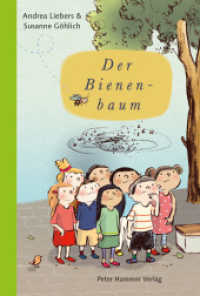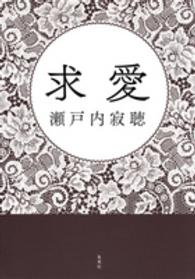Full Description
This book offers both an empirical examination of language ideologies and language policies in post-Arab Spring Tunisia and a detailed critical and interdisciplinary model of Language Policy and Planning (LPP). The authors present a comprehensive picture of how multiple language ideologies interact and play out as language policy against a background of political turmoil in a country with a complex history of indigenous and colonial languages. They utilise critical perspectives from Sociolinguistics and Applied Linguistics and add Critical Discourse Studies and a Discourse-Historical Approach to produce a model of LPP for scholars in other settings to describe and work to improve their own specific language contexts.
Contents
Table of Figures
Glossary
Abbreviations
Acknowledgements
Ruth Wodak: Foreword
Chapter 1. Introduction
Chapter 2. Language Ideologies and Language Policies
Chapter 3. Concepts and Theories of Language Policy and Planning
Chapter 4. Arabisation and Islamisation: Towards a Decolonial Ontology and Epistemology
Chapter 5. In Defence of Francophonie
Chapter 6. Can the Vernacular Be Planned?
Chapter 7. The Pragmatists
Chapter 8. Prospects and Proposals
Mohamed Daoud: Afterword
Transcription Conventions








